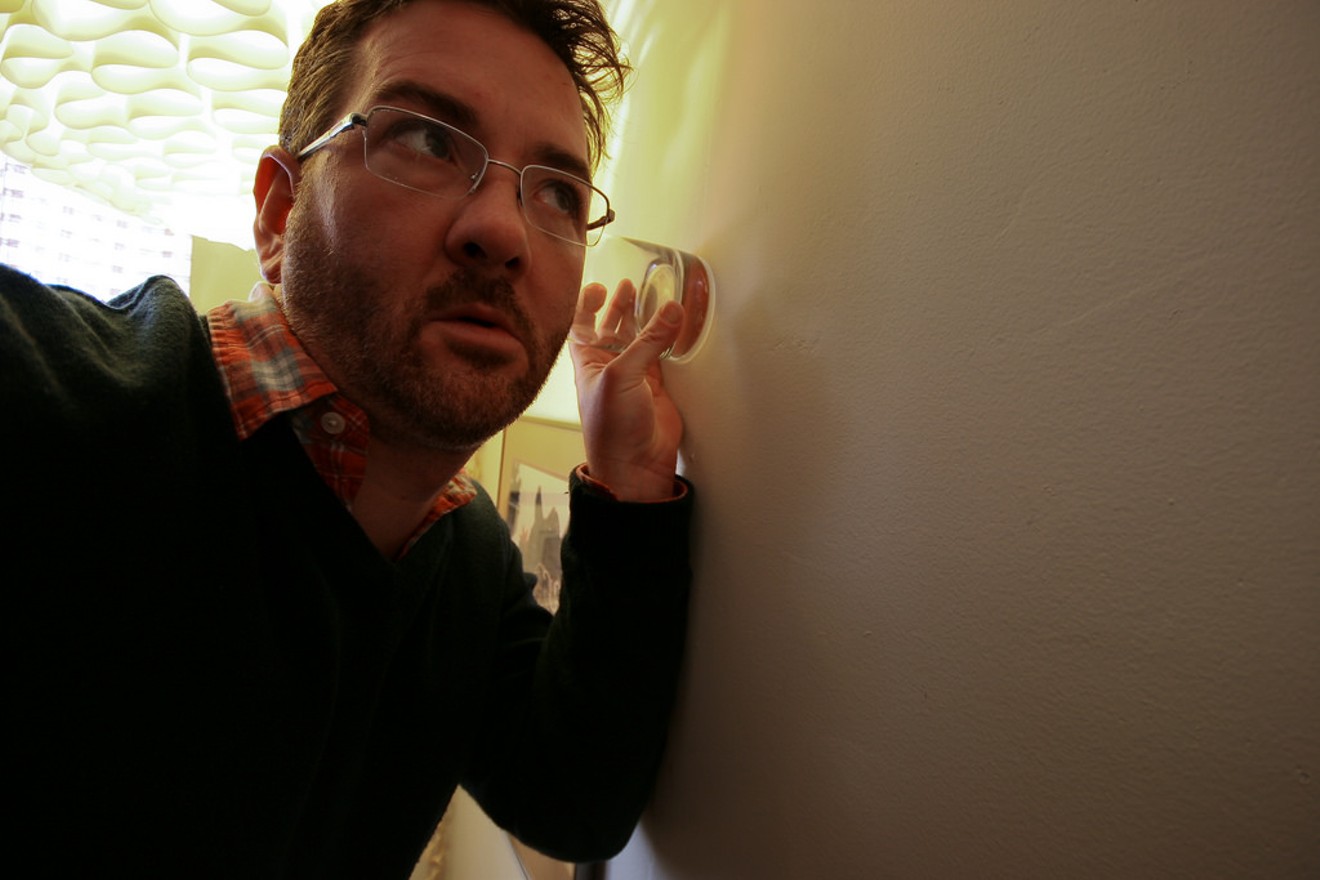It's not just the title of the new job position creating problems, either.
The duties of the new position, which include reporting any "bias incidents" committed by students living in dorms, were being distorted by some members of the press, officials said.
Right-wing news media pummeled the job idea this week after it was advertised on UA's website, decrying it as political correctness and liberal policies run amok. They claim it encouraged students to "snitch" on their peers in order to report them for activity or speech that's perceived as racist, or perhaps merely politically incorrect.
"So, let's get this straight," wrote Tom Knighton of PJ Media on Wednesday, in one example. "The university takes money from students and the Arizona taxpayers and funnels it toward a social justice Gestapo whose primary function seems to be a combination of social justice secret police and indoctrination activities, and this is supposed to be a good thing?"
University officials told the Phoenix New Times that it was likely the title soon would be changed because some people have strong feelings about the phrase "social justice."
"It's best to use a title that isn't politically charged," said UA spokeswoman Pam Scott. "[It] just set off alarms."
The position itself will stay the same, however, so it's unclear why critics would be satisfied.
Five people, including four advocates and a supervisor, were hired for the job, which begins in the fall and pays the new minimum wage of $10 an hour, Scott said. The advocates will be based out of two UA residence halls.
Applications are no longer being taken. A help-wanted ad that was online but appears to have been taken down stated that the job will, among other things, require the advocates to:
- "Create an environment that enables Residence Life student leaders to dialogue around topics related to diversity, multiculturalism, and social justice."
- "Promote inclusive communities through positive interactions and increase resources available for staff on topics relating to diversity, multiculturalism, and social justice."
- "Report any bias incidents or claims to appropriate Residence Life staff," and "confront diversely insensitive behavior."
Media pundits took the university to task for hiring "tattletales" and spies, and questioned the need for the advocates on a college campus full of adults.
The university caught grief from conservative pundits last year, too, after a group called the Marginalized Students of the UA sent a letter to administrators demanding free tampons and condoms, faculty race quotas, and safe spaces to meet their spiritual or religious needs. The group was inspired by student protests at the University of Missouri in 2015.
Nick Sweeton, executive director of UA Residence Life and University Housing, said he believes a "trend" of unwelcoming behavior by some students against others began at the university after President Donald Trump's election.
Sweeton said that for the first time in his 24 years working for the college, he was hearing of students who "didn't feel like their views were welcome. They didn't feel like they had a right to speak their own views ... We need to do something about this."
It's not just minority religions or ethnicities that are sometimes made uncomfortable, either, he said — it's also Trump supporters, conservatives, and evangelicals.
"The university is supposed to be a place where all views are welcome," he said.
Sweeton downplayed the idea that the advocates would "tattle" on others.
"It's completely untrue that students are spying on one other" in the program, he said.
Yet tattling actually is part of the job, it seems.
While students won't report other students for saying things like, "you guys," (which ostensibly could be considered a microaggression against women by some people), other microaggressions could be reportable if they're part of a "bias incident," the officials said.
The accused student's name won't be recorded in connection with an incident, but the student will be contacted by school officials. The school may "recalibrate" the type of reporting by the advocates as necessary, they said.
The advocates will create monthly programs regarding diversity and social-justice issues, maintain bulletin boards, host dialogues among student groups, and perform other related tasks. Officials hope the advocates, who are expected to have a "moderate" understanding of modern social-justice issues, will become a resource for students hoping to make changes in themselves or the university.
The university also asks the advocates to take time on the job to "increase understanding of one’s own self through critical reflection of power and privilege, identity and intersectionality, systems of socialization, cultural competency, and allyship as they pertain to the acknowledgement, understanding, and acceptance of differences."
That part involves understanding of white privilege or critical race theory, which is the idea that racism in various forms is embedded in all parts of American culture, the officials said. But the advocates won't be required to actually believe in those concepts to perform their jobs.
All the advocates will receive the same training for the job, regardless of their religious or ethnic background.
"Our goal is not impose a belief on students," Sweeton said. "It's simply to expose them to an idea. It does involve a lot of self-reflection. They'll be trained on some areas in terms of self-identity."
The advocates will then be prepared to enlighten other students.
"In a global economy and multicultural society, we think it's important that people know how to engage in conversations like this," he said.
Ironically, though, changing the name of social-justice advocates to something less offensive means the program's first lesson for students is how to retreat from a conversation when the pressure's on.
(UPDATE 5-16-17: UA later told local reporter Howie Fischer that the job responsibilities also would be reevaluated.)













